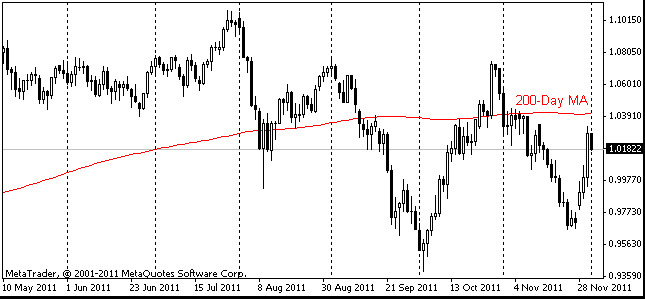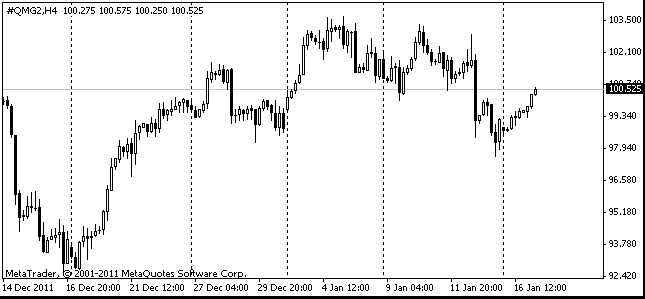EUR/usd
Italy is trying to form a coalition government and this is a new problem for the euro. Yesterday the currency once again hit a fresh four-month low against the dollar on the news that the leader of the party which won last month's elections, Bersani, promised to appoint Berlusconi as head of the committee for reforms. If you remember, the need for reforms was exactly the reason why Berlusconi had been forced to resign the post of the country's prime-minister in 2011. This news and other statements about problems with creation of the coalition government caused much anxiety in the markets, which eventually spilt over into increase in the periphery bond yield spreads (Italian ten-year bonds jumped by 20bp). But it's not all about Italy. The situation is getting worse in the whole euro zone. The GfK Consumer Climate Index, published yesterday morning, remained unchanged. The press-release emphasizes that the survey was held before the beginning of the Cyprus crisis. Thus, the agency promises that the indicator has already reached its peak for the near future. A special study of the Eurozone business climate, released later yesterday, also showed a decline in all main indicators. Such statistics don't inspire hopes for the quick reversal in the pair. From the broader technical perspective, the downtrend, which began on the first day of February, still persists. Now when the 200-day MA is broken and in view of the fact that the next country to ask for the bailout from EU will be Slovenia, the downward trend may continue with renewed energy.

GBP/USD
There is an embarrassing feeling that we hurried to state a reversal of the sterling against the dollar. If its trend against the single currency can hardly be denied, its upward move against the US dollar from 1.4830 to 1.5250 may prove to be nothing more than a mere correction. Hopes that depreciation of the sterling will stimulate exports keep dwindling. The Current Account statistics released yesterday showed another increase in the trade deficit. The deficit for the last year is worse than in the previous years. Devaluation of the pound won't be enough to achieve rebalancing by means to exports – officials will have to do much more.

AUD/USD
The aussie has been retracing for two days in a row after the continuous growth since the beginning of the month. The cautiousness of the markets this week (even the US exchanges have closed negative for two consecutive days) makes the Aussie-traders take their profits. If the correction develops further, the currency's 200-day MA (now at 1.0380) will come out as an important support level. Trading is now held at 1.0430, after AUD failed to break though 1.05 on the first try two days ago.

oil
While the stock markets are in stagnation and the euro is on the decline, Oil is growing remarkably well. Since the end of the last week WTI has gone up from $92.30/barrel to 96.85. It is quite a remarkable growth, which quickly returned the black gold to the highs of the beginning of the year.
